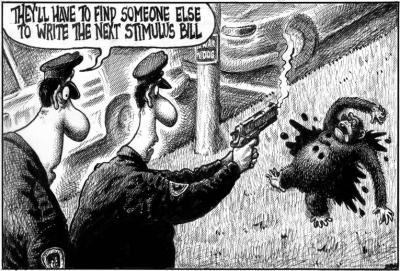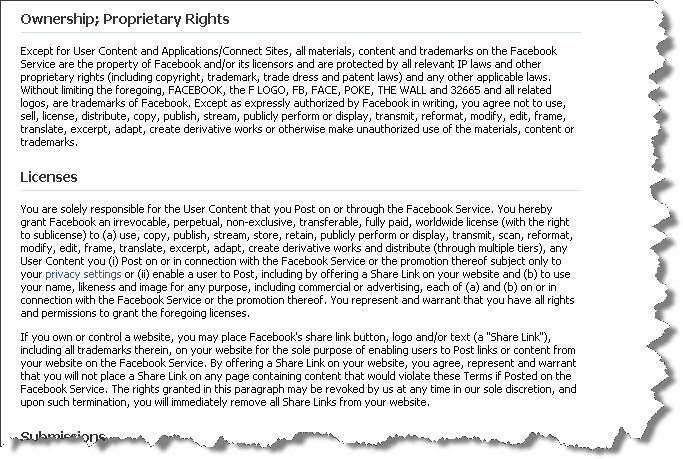I have been asked at times to explain my blog’s by-line:
Research and Practice in Postmodern Learning
and have found it as much as a challenge to do so as it is to define postmodernism itself (BTW, I do like Lyotard’s definition in The Postmodern Condition , “incredulity toward metanarratives”). I enjoy researching and living a life of education in ways that challenge the established worldviews.
, “incredulity toward metanarratives”). I enjoy researching and living a life of education in ways that challenge the established worldviews.
Case in point, check out the article in yesterday’s NY Times, In Tough Times, the Humanities Must Justify Their Worth. The days of believing:
the critical thinking, civic and historical knowledge and ethical reasoning that the humanities develop have a different purpose: They are prerequisites for personal growth and participation in a free democracy, regardless of career choice
may be nearing an end, especially as these previously unassailable virtues are now being challenged (such as by the economy, which does not generally pay people for having these virtues). The idea that a humanities background may not be considered particularly valuable any more is a postmodern thought. We have always assumed that this value is beyond doubt (right up there with democracy is always the best form of government, free speech is good, and it is a bad idea to sell wine in supermarkets in New York).
Postmodernism as a philosophy of practice is both critical as well as constructivist (I wonder if any of my students are reading this?), and basically challenges established worldviews as frameworks of power imbalance and limited perspective. I like considering this, researching this, practicing this, and trying to introduce this in my teaching to help my students to see the complexities in the teaching and learning process that are often under the surface of clearly articulated objectives, assessment plans, and nodding heads.
BTW, I also believe it is easier to challenge and knock the humanities after having completed two graduate degrees in the humanities and knowing enough about them to know I really know very little. I suppose this is a little postmodern, too . . .



